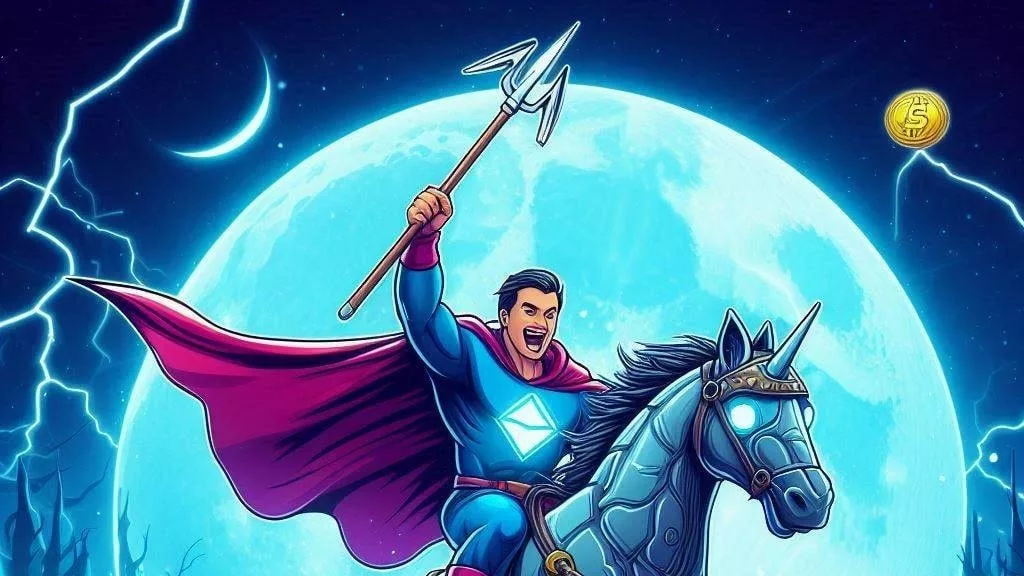
In a groundbreaking move set to reshape the landscape of blockchain infrastructure services, Infura, a subsidiary of ConsenSys, has unveiled its ambitious plan to launch a decentralized version of its platform by the close of 2023. This innovative approach aims to ensure enhanced resilience by entrusting the operation of Infura to multiple entities, thus guarding against potential outages and bolstering the platform’s reliability.
The journey toward decentralization will unfold through a series of carefully orchestrated phases, according to statements from the company. While the specifics of the governance model for the decentralized Infura are yet to be finalized, it is anticipated that it will take the form of either a Decentralized Autonomous Organization (DAO) or a foundation. This strategic move is expected to usher in a new era of robustness and sustainability in the blockchain space.
Infura stands as a stalwart Infrastructure-as-a-Service (IaaS) platform within the blockchain realm, offering essential support to decentralized applications and web3 wallets, including popular services like MetaMask. Its commitment to enabling swift and efficient access to a multitude of blockchains has cemented its position as a crucial player in the blockchain ecosystem.
Infura’s journey towards decentralization is set to be a multi-phase process, ensuring a seamless transition that maintains the high standards of service users have come to expect. While exact details of each phase remain undisclosed, the overarching goal is to distribute operational responsibilities among multiple entities. This approach aims to reduce the platform’s vulnerability to outages and disruptions, ultimately enhancing its reliability.
At the heart of this transformation lies the crucial question of governance. Infura’s decision to embrace decentralization necessitates a governance model that aligns with its mission and values. While it has not yet been confirmed whether the platform will opt for a DAO structure or establish a foundation, both options bring their own unique advantages.
A DAO, or Decentralized Autonomous Organization, represents a paradigm shift in governance. It allows token holders to actively participate in decision-making processes, granting them a direct stake in the platform’s future. On the other hand, a foundation could provide stability and a structured approach to governance, ensuring long-term sustainability and accountability.
The choice of governance model will play a pivotal role in shaping the decentralized Infura’s operations and direction, and it will be one of the most closely watched aspects of this transformative journey.
Infura’s move towards decentralization carries substantial significance for the broader blockchain ecosystem. As one of the most widely utilized IaaS platforms, its services underpin a vast array of blockchain-based applications and services.
For decentralized applications (dApps) like MetaMask and others, Infura serves as a critical bridge to various blockchains, offering speedy and reliable access to data and network infrastructure. Without Infura’s infrastructure, many dApps would face significant challenges in delivering seamless user experiences.
Furthermore, Infura’s commitment to decentralization aligns with the broader ethos of the blockchain space, where decentralization is often seen as a cornerstone principle. By embracing this shift, Infura is not only bolstering its own resilience but also contributing to the overall decentralization and democratization of blockchain technology.
The journey towards decentralization embarked upon by Infura carries far-reaching implications for the blockchain industry. Here are some key takeaways:
Infura’s decision to embark on a path toward decentralization is a pivotal moment in the evolution of blockchain infrastructure services. As one of the industry’s leading players, its commitment to enhancing reliability and resilience will reverberate throughout the blockchain ecosystem. The choice of governance model, whether a DAO or a foundation, will shape the platform’s future and influence the broader conversation around decentralized governance.
This move by Infura not only underscores its dedication to the principles of blockchain technology but also sets a promising example for other industry players. It is a testament to the ongoing transformation of the blockchain space toward a more open, decentralized, and robust future.
As the blockchain community eagerly anticipates the unfolding of Infura’s decentralization plan, it remains a key player to watch, with the potential to set new standards and inspire innovation across the industry.

Get the latest Crypto & Blockchain News in your inbox.